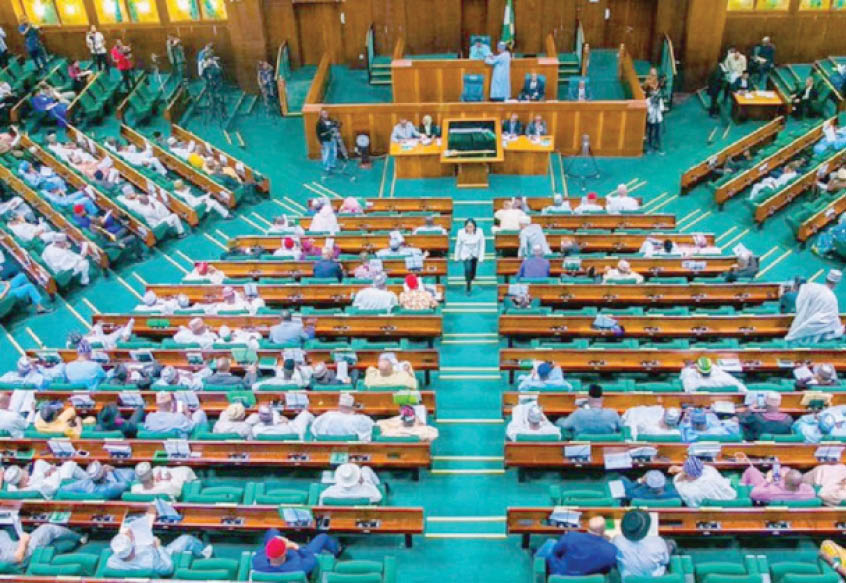The House of Representatives has announced a timeline for the ongoing constitution amendment process. Led by Deputy Speaker Rt. Hon. Benjamin Kalu, the House Committee on Constitution Review aims to have the first draft report ready by August 2025.
During a recent press conference, Kalu outlined the steps planned for the amendment process.
The committee has set targets, with the first draft of the constitution expected to be available for review and approval by August 2024.
“This will be subject to approval of the work done by the subcommittee. Let me mention that by our target, the first draft of the constitution will be out in August 2024.
“Second draft will be out in October 2024, we will commence zonal inputs from October 2024, we’ll keep collecting inputs from citizens from 14th October 2024 as we prepare for the last version or the last draft copy of the constitution.
“We are hoping that there will be a harmonization of the issues, on the 27th, 28th February 2025.
“We are hoping that during a technical working retreat that will take place in February 2025, the Senate and the House of Representatives documents will be harmonized.
“It is our desire that on the 17th of March 2025, we will have harmonized documents considered in the House. It is our believe that by April 2025, we will have the final copies of draft amendments produced.
“We are optimistic also that by 12th May 2025, we’ll have, the final clean copy of amendments’ bills agreed on.
“And we are looking at 22nd May 2025, as a time when we will have final report laid for consideration and voting.
“This is to say that members will be voting on the work we have done on this important date of 22nd May 2025.
“We are believing that around the 29th of May or 13th of June, knowing fully well what these important dates mean to Nigerians, we will expect the final concurrence of state assemblies secured.
“If it delays more than that, it will not go beyond August of 2025 because we believe that by August 2025, the president will receive the bills that will be presented to him for presidential assent. So, our targets are that transmission of bills to Mr President for assent will take place August 2025.
“And with this, we are sure that our target to get this job done in 24 months will be achieved if we send it to Mr President by August 2025 and hoping that by December we will have a constitution that’s fully amended.”
The Deputy Speaker also called for submission of memoranda from different interest groups, Civil Society Organizations (CSOs), Labour Unions, relevant institutions of government and the members of the general public to aid the committee’s work.
“In exercise of the powers conferred on the Legislature by Sections 4, 8, and 9 of the Constitution of the Federal Republic of Nigeria 1999 (as Amended) and Order 20, Rule 30 of the Standing Orders of the House of Representatives (11th Edition) and the Legislative Agenda of the 10th House of Representatives, I am pleased to invite the Executive and Judicial bodies, State Governments, Women Groups, Academics, Civil Society Organizations, Labour Unions, Professional bodies, Ethnic
Nationalities, Nigerians in the Diaspora, Diplomats and the general public, to submit memoranda or proposals for further alteration(s) of the 1999 Constitution (as amended) on the following thematic areas: The Federal Structure and Power Devolution; Local Government/Local Government Autonomy; Public Revenue, Fiscal Federation, and Revenue Allocation; Nigerian Police and Nigerian Security Architecture; Comprehensive Judicial Reforms; Electoral Reforms to strengthen INEC to deliver transparent, credible, free and fair elections; Socio-economic and cultural rights as contained in Chapter 2 of the
constitution; Traditional Institutions; Issues of Gender; Strengthening the Independence of oversight institutions and agencies created by the constitution or pursuant to an Act of the National Assembly; Residency and Indigene Provisions; Immunity; The National Assembly; Process of state creation; State access to mining”, he said.
The committee, however, extended the call for memoranda to “any other matter that will promote good governance and the welfare of all persons in our country on the principles of freedom, equality, and justice.”



